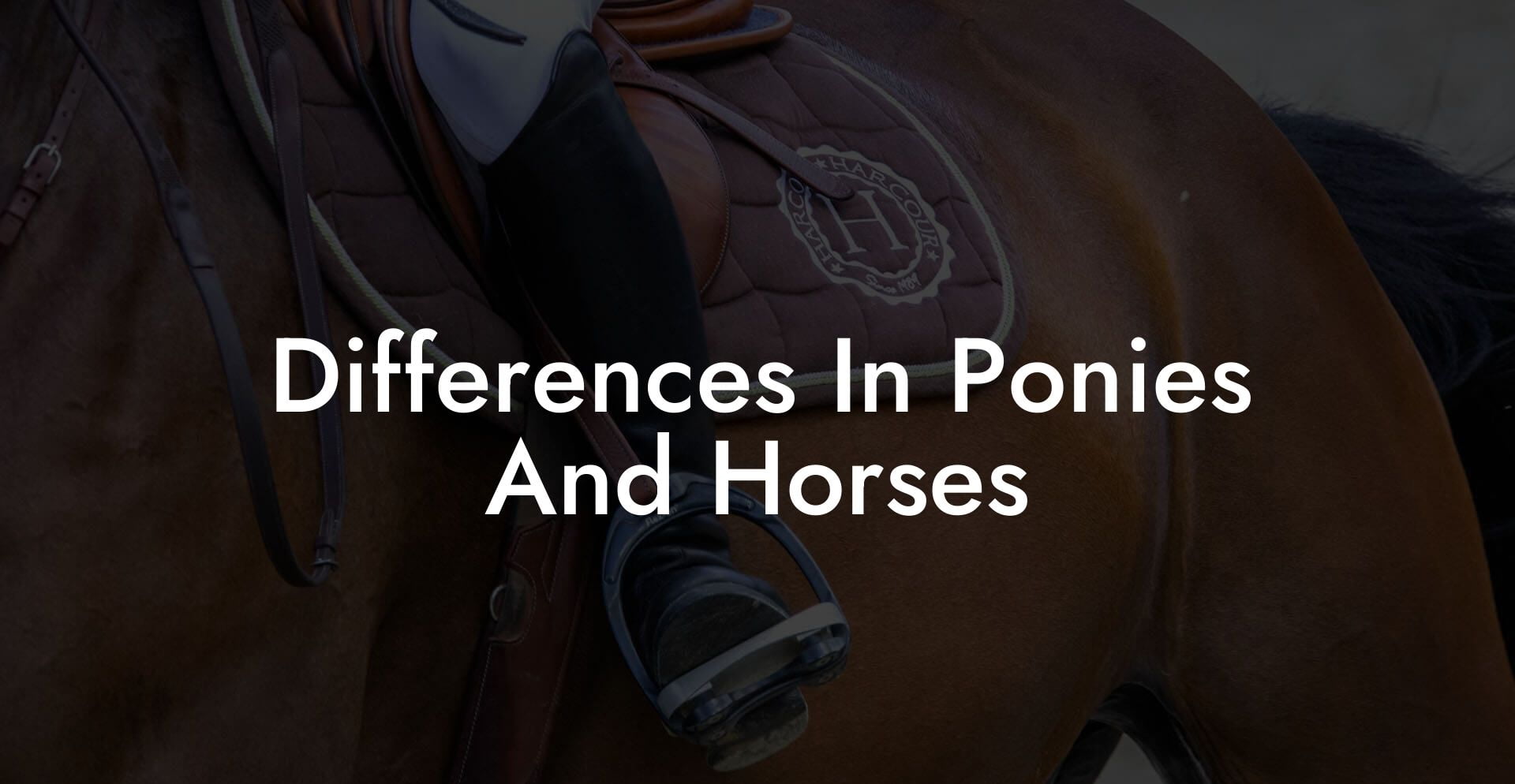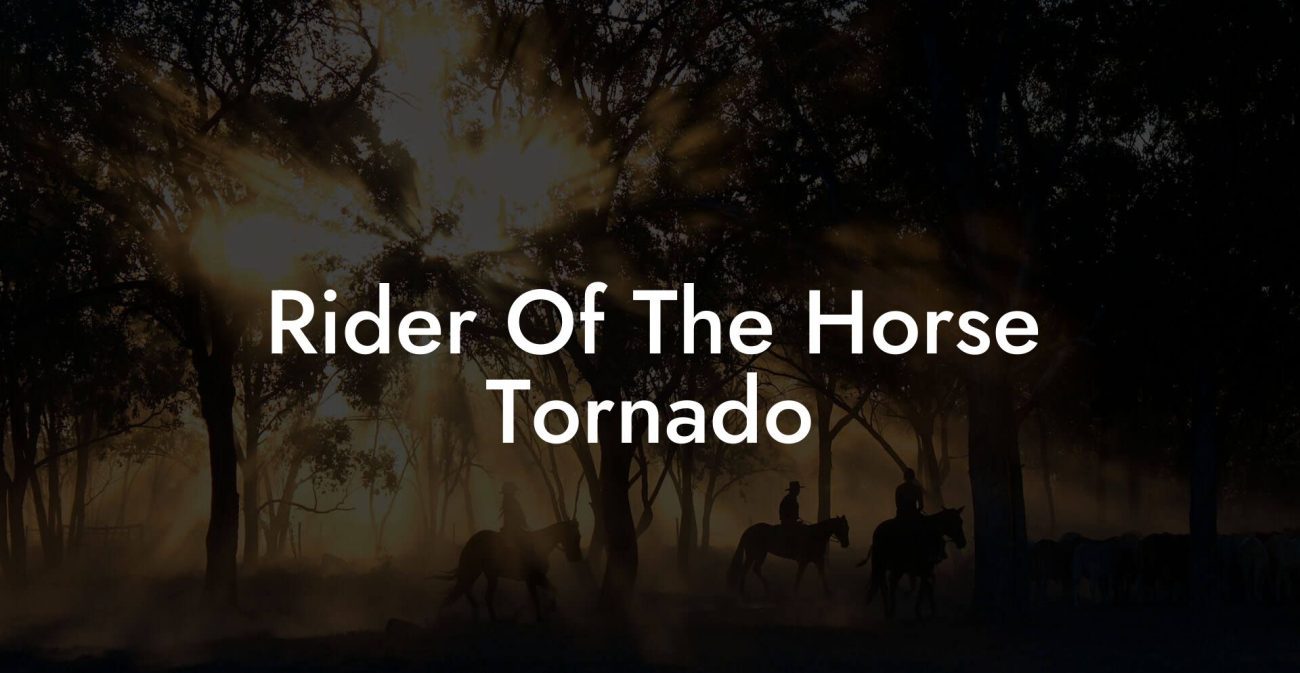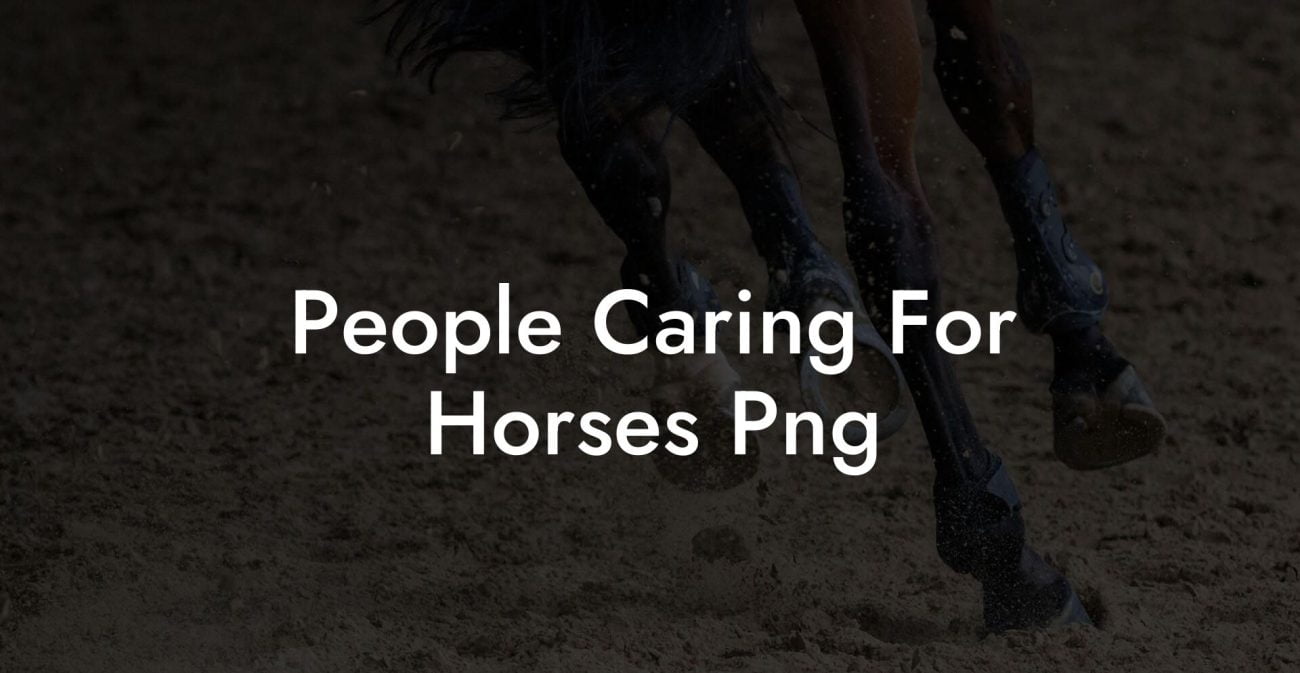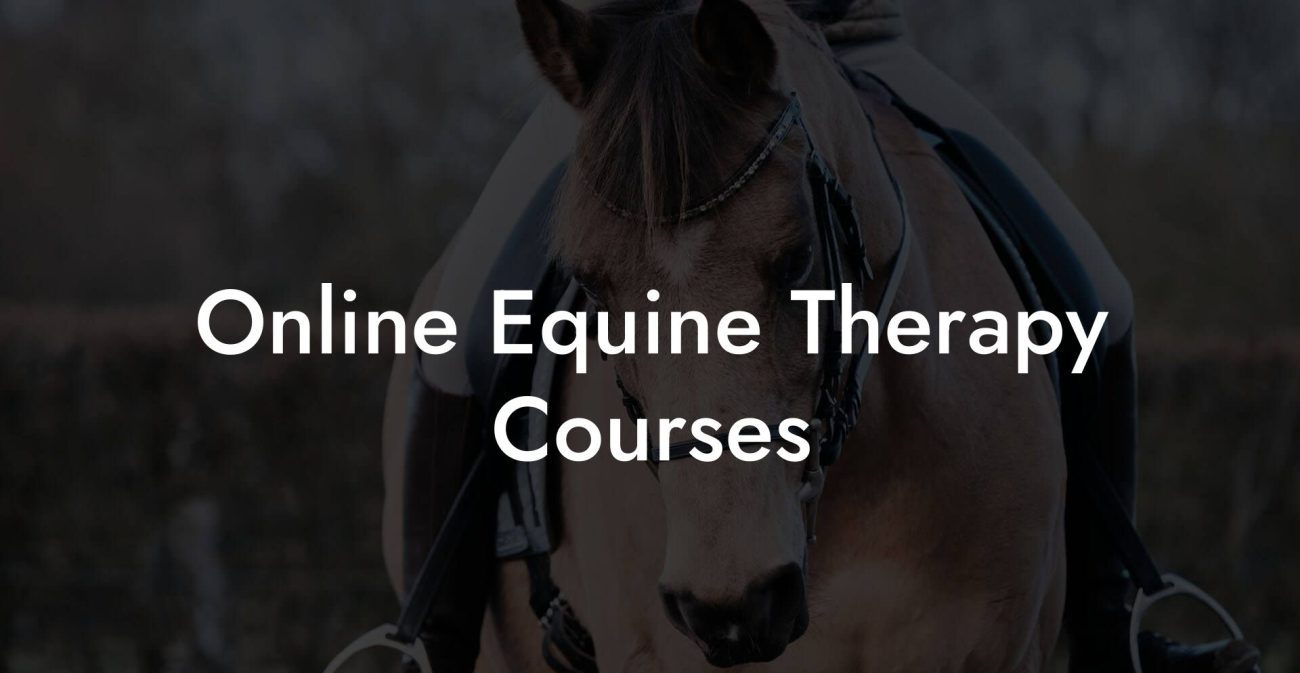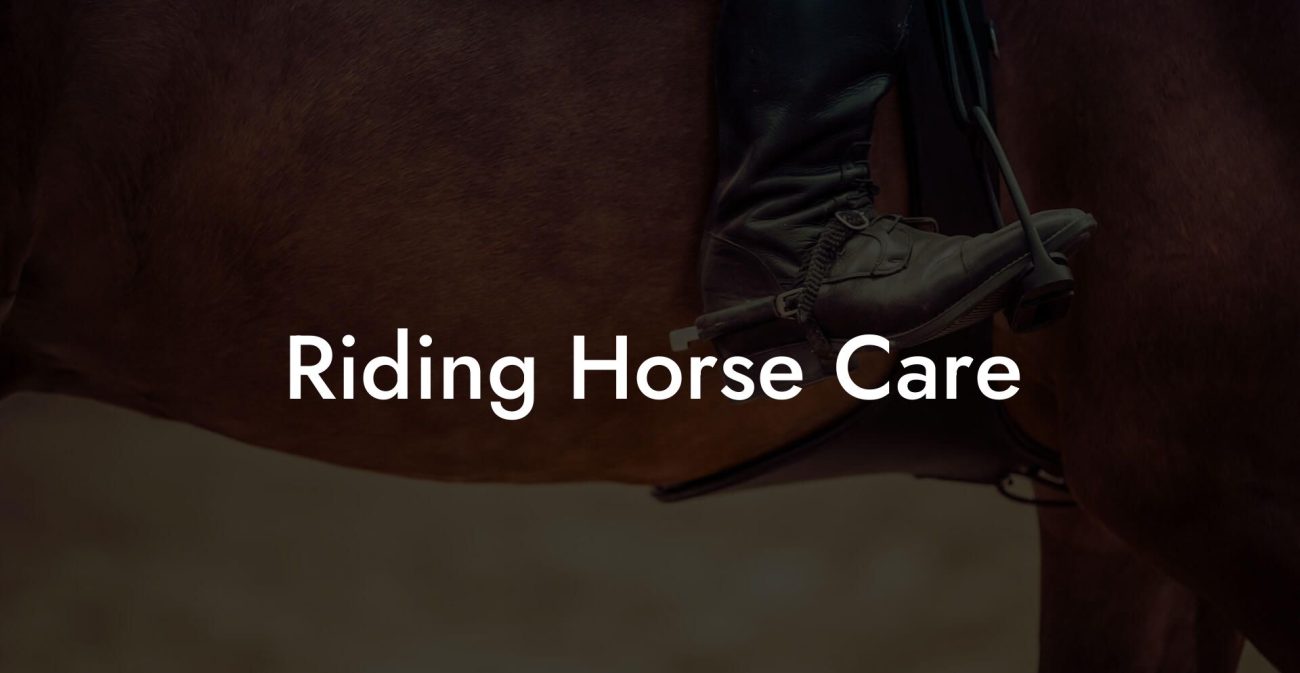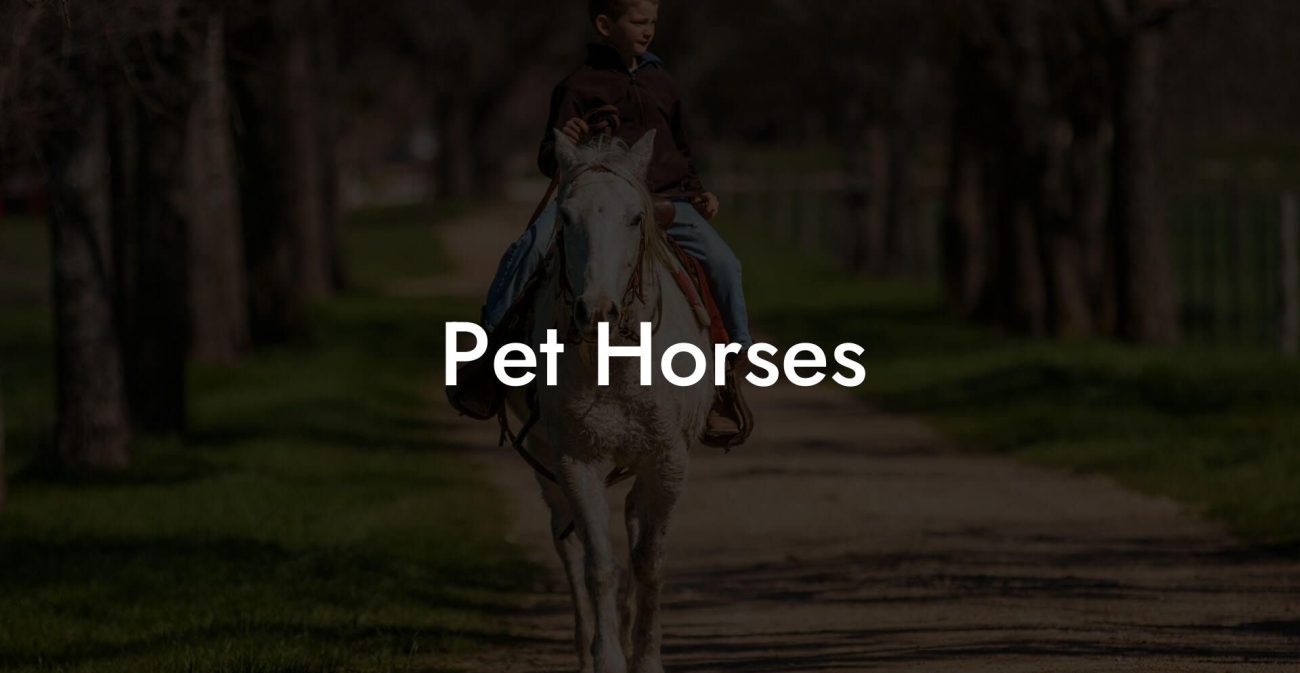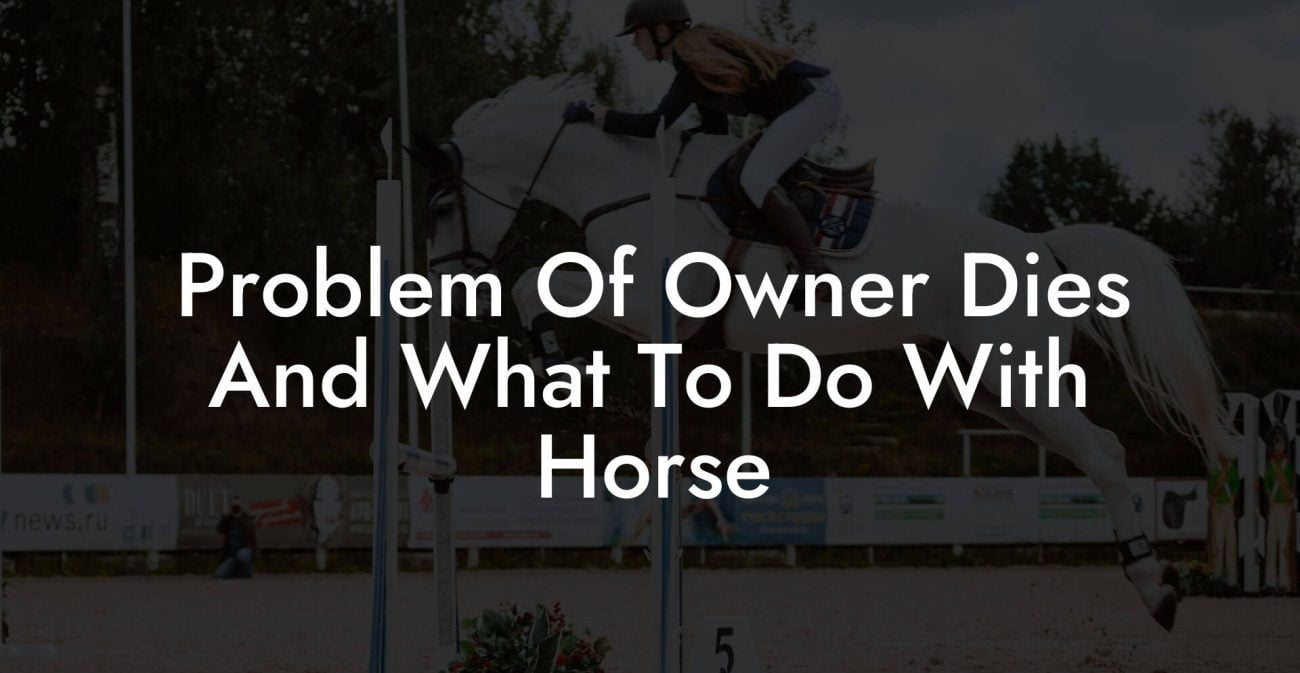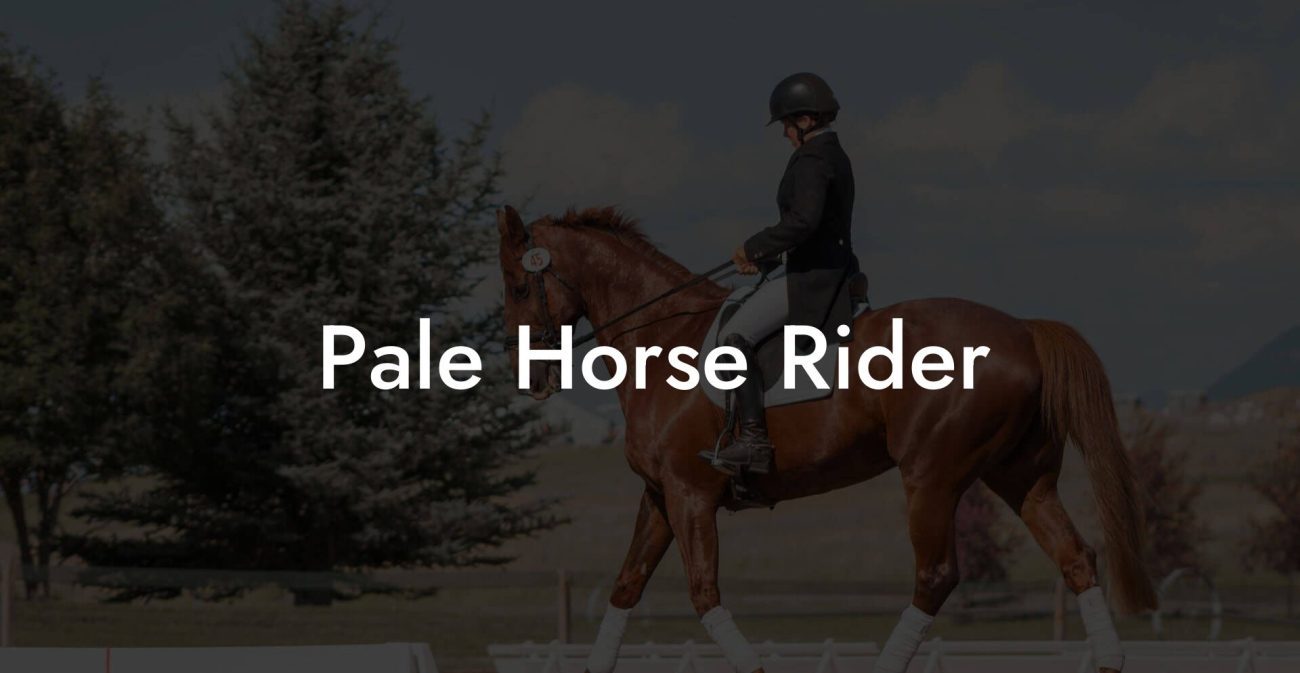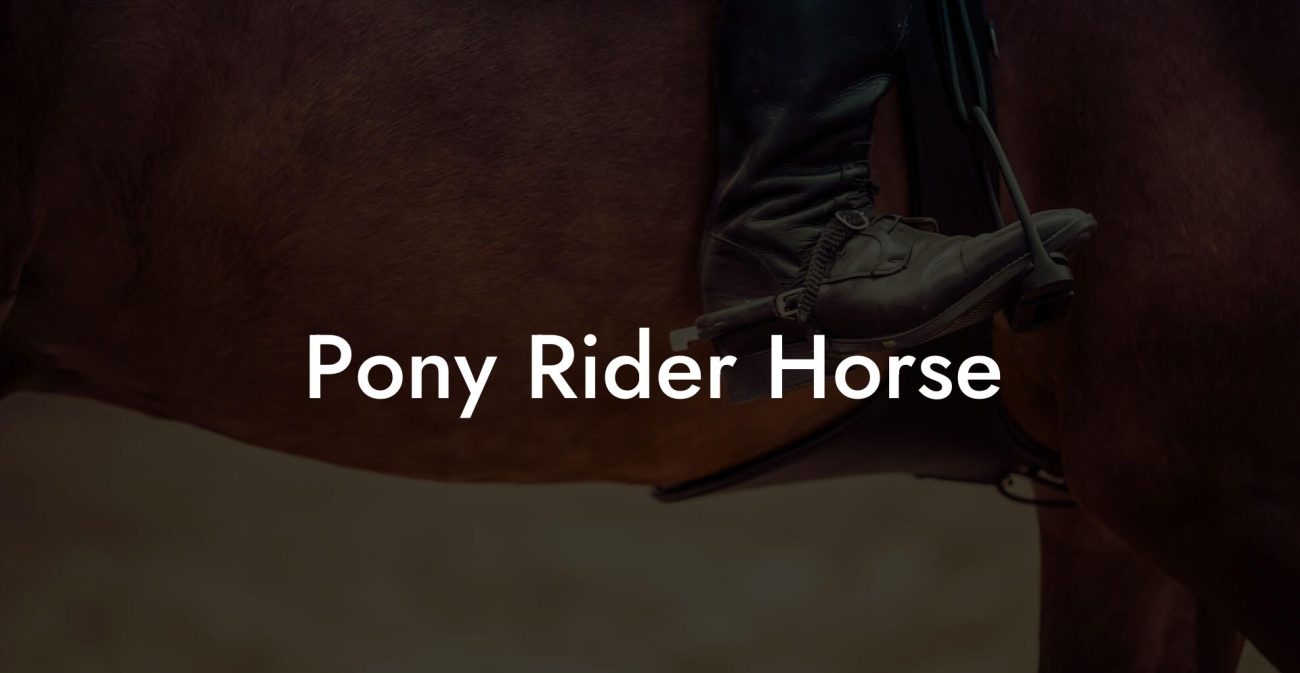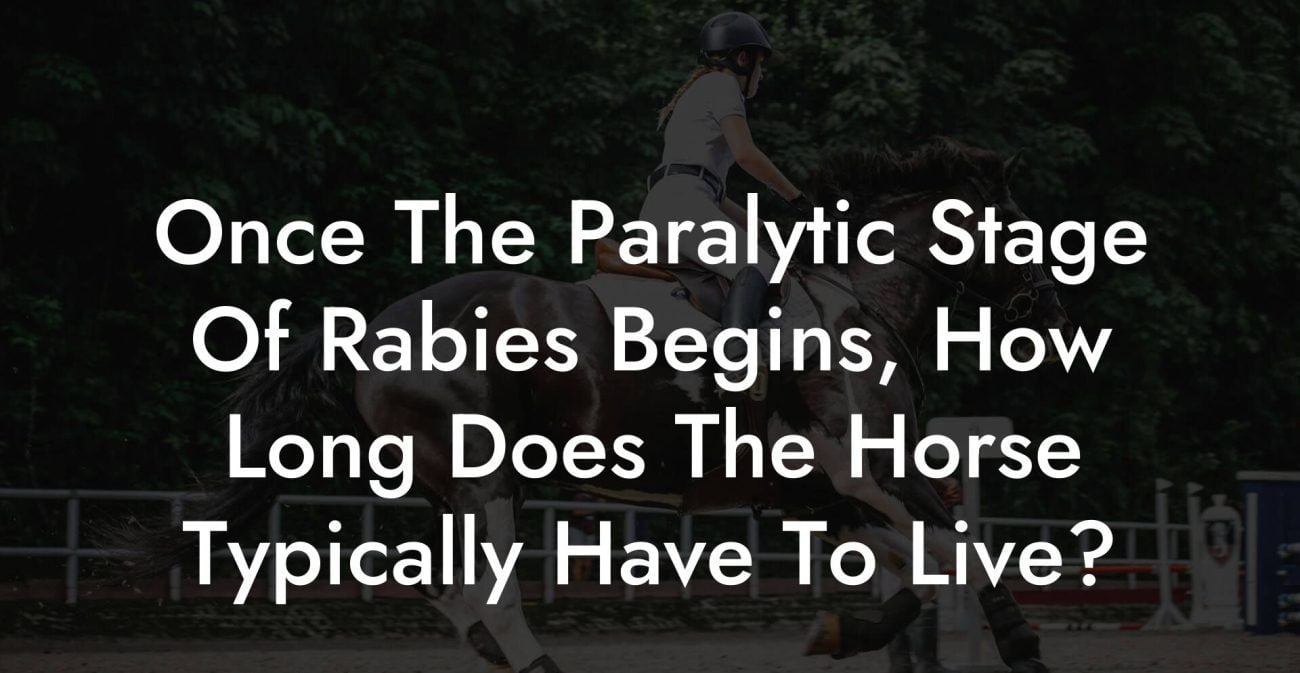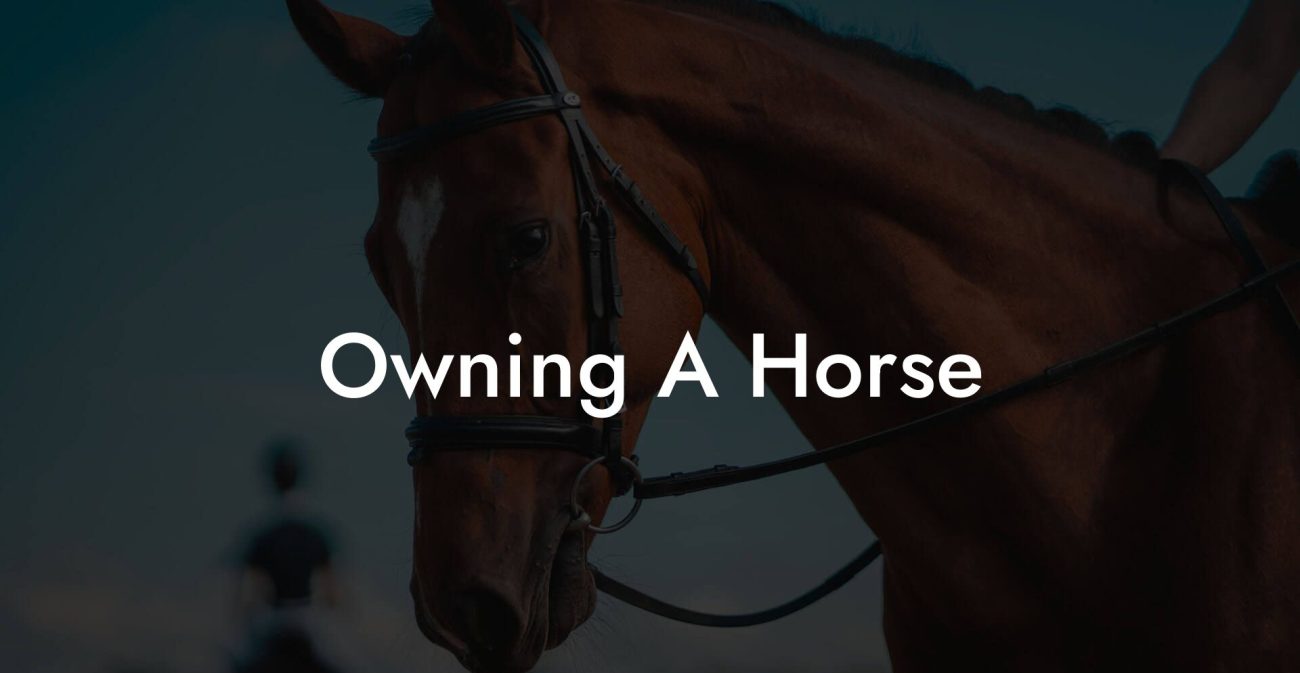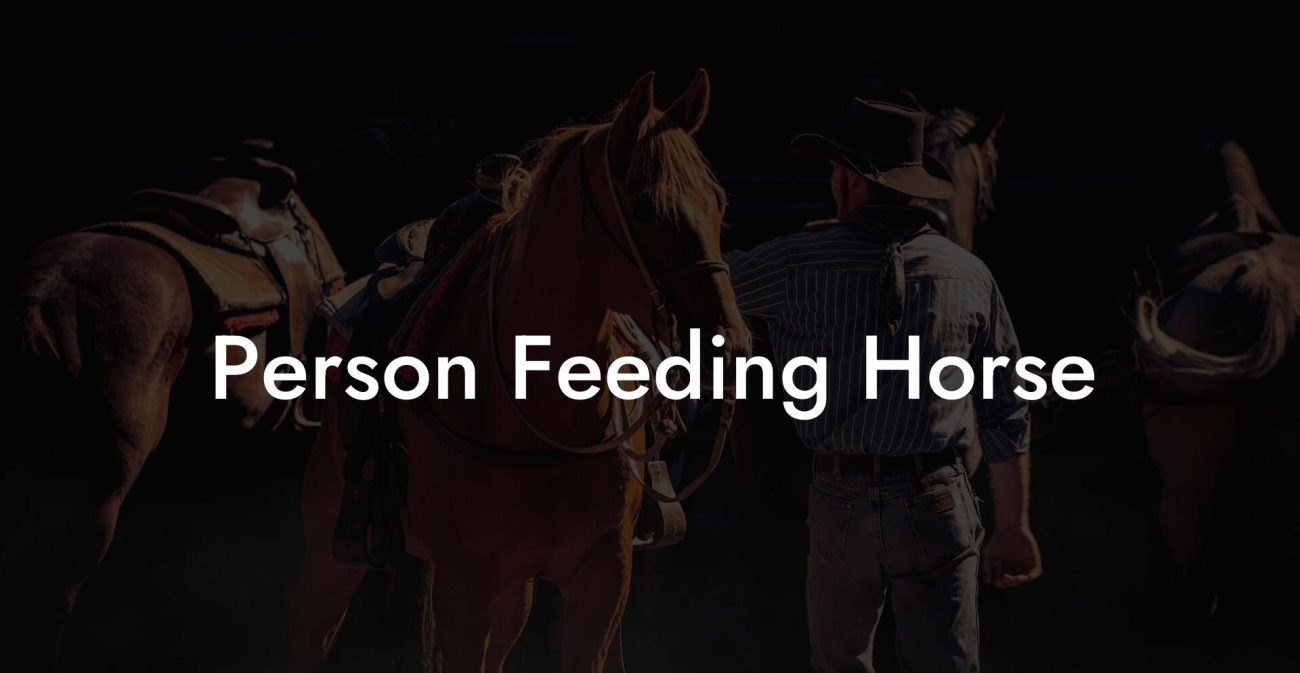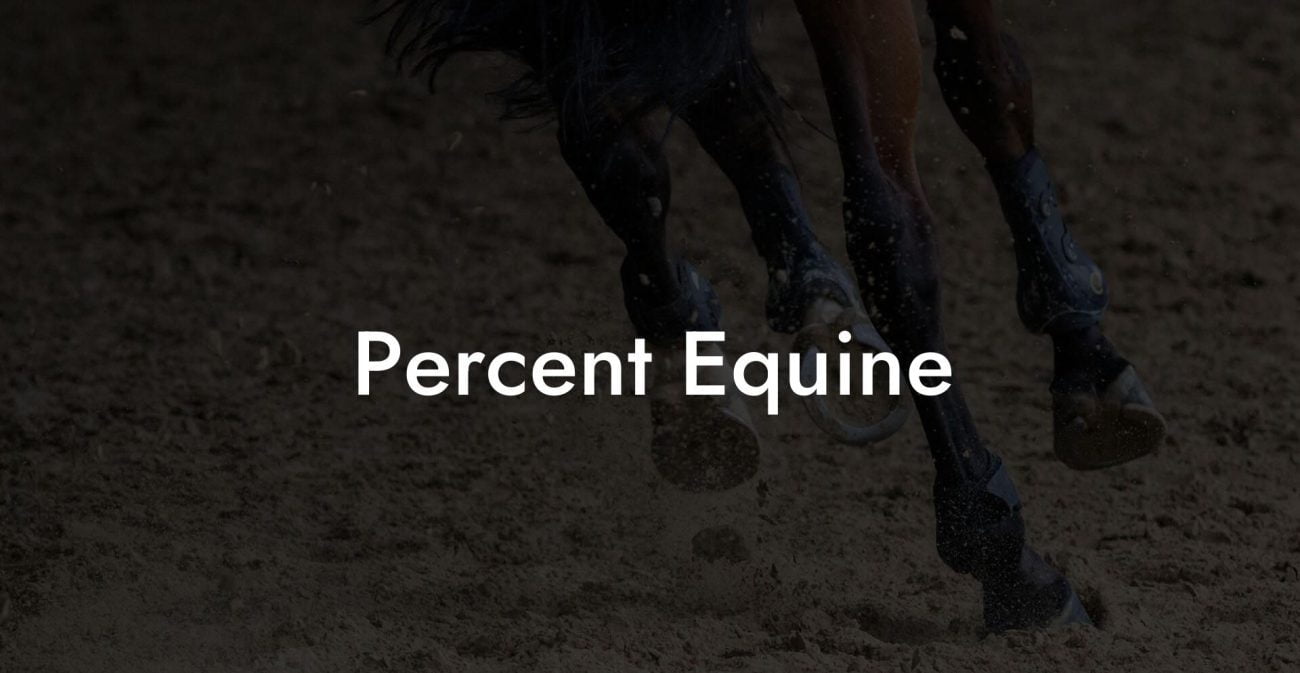Ever wondered why your best bud at the stables might be a pint-sized pony one day and a majestic horse the next? Whether you're a Gen-Z equine enthusiast or a millennial yearning for that perfect ride, diving deep into the differences in ponies and horses can be both informative and hilariously eye-opening. Buckle up as we gallop through the world of equines, exploring everything from physical makeup to care tips that speak directly to our modern lifestyle.
Quick Links to Useful Sections
- Defining the Equine Family: Ponies vs. Horses
- Size and Structure: Miniature Marvels vs. Majestic Steeds
- Temperament and Behavior: Character Traits That Set Them Apart
- Care and Maintenance: Tailoring Your Approach for Each Breed
- Feeding Your Equine Friends: Nutrition for Horses and Ponies
- Exercise and Training: Tailoring Routines to Fit Their Frames
- Grooming and Health: Maintaining Their Shiny Coats and Happy Hearts
- Behavioral Quirks and Social Interactions: More Than Just a Side of Sass
- Cultural Significance and Legacy: How Ponies and Horses Shape Our World
- Choosing the Right Equine Companion for You
- Caring For Your Equine Companion: Practical Tips for Horse and Pony Owners
- Advanced Equine Care Trends: Embracing Technology and Innovation
- Resources and Community Support: Your Next Steps
- Navigating the World of Equine equipment and Facilities
- Case Studies: Real-Life Stories From Horse and Pony Owners
- Building a Supportive Network: Workshops, Clinics, and Mentor Programs
- Looking Ahead: Embracing Sustainable and Ethical Equine Practices
- Equine Lifestyle and Wellness: Balancing Work, Play, and Care
- Equine Trends: What’s Next For Horses and Ponies?
- Equine Training Techniques: Bridging Classic Methods with Modern Science
- Equine Behavior and Communication: Understanding Your Partner in Crime
- Your Journey to Equine Empowerment: A Dynamic Conclusion
- Frequently Asked Questions About Ponies and Horses
- Embrace the Journey: Where Passion Meets Equine Mastery
Defining the Equine Family: Ponies vs. Horses
At first glance, ponies and horses might seem like members of the same majestic family, but a closer look reveals that nature loves to mix things up. In simple terms, the main difference between ponies and horses lies in their size, structure, and, yes, personality! While horses are known for their towering stature and sleek build, ponies pack a surprising amount of personality, intelligence, and sometimes, a cheeky attitude into a smaller frame.
In the world of equine terminology, ponies are typically defined as equines that mature at a height of less than 14.2 hands (about 58 inches) at the withers. However, size isn't the only factor that sets them apart, their bone structure, coat density, and even the way they approach life are markedly different. For those curious about pony care, understanding these contrasts is the first step in a rewarding equestrian journey.
Keywords: pony vs horse differences, equine family, pony care, horse care, equine nutrition.
Size and Structure: Miniature Marvels vs. Majestic Steeds
The most obvious distinction between ponies and horses is size. Horses are known for their impressive height and long legs that exude strength and grace. Think of them as the athletic marathon runners of the animal kingdom, built for speed, endurance, and that picture-perfect gallop.
Ponies, on the other hand, are the compact dynamos of the equine world. Their shorter stature is complemented by a more robust build, with thicker manes, tails, and a sturdy frame that has been fine-tuned over centuries of evolution. Not to mention, ponies often have a unique “cute factor” that makes them irresistible, imagine a grumpy, pint-sized friend who’s just as funny as they are feisty.
Although size is a primary factor, structural differences also extend to bone density and muscle composition. Horses have long, lean muscles perfect for racing and jumping, while ponies boast a more rugged bone structure that can sustain heavy work despite their smaller size. This difference is crucial when you’re considering activities like riding, grooming, or even training, each requires an approach tailored to the animal’s structure.
Whether you're considering horse grooming tips or searching for pony training advice, know that size and structure are fundamental to understanding and properly caring for your equine companion.
Temperament and Behavior: Character Traits That Set Them Apart
Beyond physical differences, the personality traits of ponies and horses often set them worlds apart. Horses are known for their elegance and smooth demeanor, exuding an air of quiet confidence that makes them excellent partners for both competitive sports and leisurely trail rides. Their behavior usually exudes a calm and cooperative energy, which many riders appreciate on long, scenic chases.
Ponies, however, are famous for their spirited, sometimes mischievous attitudes. With a dash of stubbornness and a whole lot of personality, ponies can sometimes develop a mind of their own. Their curious nature often leads them to challenge boundaries, which can be both endearing and, occasionally, a handful for their owners. This feisty temperament makes pony training an art, as much as it is science, where humor, patience, and consistency become essential tools in your pony care toolbox.
Still, it's important to note that temperament isn’t just about quirks. It affects how these animals react to stress, handle transitions, and even bond with their caregivers. With horses, you might find that their calm and collected nature mirrors the refined training routines they often undergo. Ponies, however, bring an infectious playful energy that can be a boon in community sports, therapy programs, and even social media content designed to capture hearts online.
Semantic Keywords: equine temperament, pony behavior, horse personality, training ponies, equestrian care.
Care and Maintenance: Tailoring Your Approach for Each Breed
When it comes to caring for your equine companion, the approach you take will largely depend on whether you're dealing with a pony or a horse. Both require regular grooming, balanced nutrition, and strategic exercise routines, yet the nuances of their care differ markedly.
For horses, maintaining their sleek physique involves a well-rounded regimen of regular exercise, a diet high in fiber, and routine grooming sessions to keep their coats in top condition. Many horse owners also emphasize the importance of hoof care, proper saddlery, and regular vet visits to prevent issues like laminitis or other hoof-related complications.
Pony care, while similar in many respects, often requires some clever tweaks. Due to their compact size and dense build, ponies are more prone to obesity if their diets are not carefully managed. Emphasizing low-calorie, nutrient-rich feeds, and ensuring regular turnout for exercise becomes paramount. Additionally, ponies often have thicker, longer coats which require extra grooming to prevent matting and skin issues during the winter months.
Both groups benefit immensely from preventative healthcare measures like vaccinations, deworming, and dental checkups. But a tailored approach is key: your choice of feed, the frequency of exercise, and even the types of activities you undertake should reflect the distinct needs and behaviors of your equine companion.
Keywords: horse care tips, pony grooming, equine nutrition, equestrian healthcare, horse exercise.
Feeding Your Equine Friends: Nutrition for Horses and Ponies
Nutrition plays a starring role in the overall health and vitality of any equine creature. Whether you're managing a mighty horse or an adorable pony, crafting a balanced diet is as essential as choosing the right playlist for your morning routine.
Generally, horses require a diet rich in high-quality forage, such as hay or pasture grass, complemented by grains to meet their energy needs during work or training sessions. Equine nutrition experts emphasize the benefits of gradual feed changes and proper supplementation to enhance performance and prevent digestive issues.
Ponies, on the other hand, may need a slightly different touch. Due to their tendency to store fat, pony owners are advised to monitor their calorie intake closely and opt for feeds specifically formulated for smaller equines. This can include low-starch options and plenty of roughage to keep their digestive systems in check. A careful balance between energy provision and the risk of obesity is crucial here.
Both horses and ponies thrive on clean, fresh water, and ensuring constant access to hydration is paramount, particularly during hotter months or intense exercise. Consider incorporating minerals and vitamins tailored for equine metabolism to make sure your companion not only survives but thrives.
Semantic Keywords: equine nutrition, horse diet, pony feed, equine supplements, equine hydration.
Exercise and Training: Tailoring Routines to Fit Their Frames
The world of equestrian sports and recreation is as diverse as the animals it celebrates. Horses, with their larger frame and endurance, have long been the stars of competitive racing, eventing, and dressage. Their training routines often focus on building cardiovascular strength, enhancing agility, and refining skill sets that make them competitive on global stages.
Ponies, while they may not always dominate the racetrack, are incredibly versatile when it comes to training. Their smaller size, combined with a spirited nature, makes them ideal for disciplines like driving competitions, showing, and even therapeutic riding programs. Training ponies can be a delightful challenge that taps into their playful intelligence, requiring inventive methods to keep them engaged and motivated.
Regardless of size, the basics of equine training involve consistent exercise routines, positive reinforcement, and proper warm-up and cool-down practices. For horse riders, learning to understand each animal's unique signals is critical, and this plays out differently for horses versus ponies. Horses might respond diligently to structured training schedules, while ponies might need a little extra playtime to burn off excess energy.
Importantly, modern training techniques also incorporate digital aids, from wearable trackers monitoring heart rate to smartphone apps offering training tips, all aimed at enhancing the equine experience for both horse and rider. This blend of tradition and innovation makes training an exciting, ever-evolving journey.
Keywords: equine training, horse riding tips, pony training, equestrian exercise, training routines.
Grooming and Health: Maintaining Their Shiny Coats and Happy Hearts
Grooming isn’t just a chore, it’s an essential ritual that reinforces the bond between you and your equine friend. For horses, regular grooming sessions involve brushing, mane and tail care, and cleaning hooves to prevent infections. A well-groomed horse not only looks spectacular but also benefits from improved circulation and stress reduction.
Ponies, with their thick coats and sometimes stubborn attitudes toward grooming, might require a bit more patience. Investing time in proper grooming sessions can pay off by reducing the risk of skin irritations and ensuring that the pony remains comfortable throughout the year. Whether it’s a quick brush after a sunny day in the pasture or a more detailed grooming session in the stable, the effort always reflects in their glistening appearance.
Additionally, both horses and ponies require regular dental checkups, vaccination schedules, and deworming treatments. Annual screenings help catch early signs of health issues, ensuring that these beloved animals continue to thrive. Keep a log of veterinary visits, and stay updated with industry trends, after all, modern care for these animals is as much about high-tech monitoring as it is about old-fashioned love and attention.
Semantic Keywords: horse grooming, pony care, equine health, equine grooming tips, equine veterinary care.
Behavioral Quirks and Social Interactions: More Than Just a Side of Sass
If you’ve ever spent time around equines, you know that each horse or pony has a personality that’s as unique as your favorite meme. Horses are generally known to be the calm, laid-back conversationalists of the field, they’re often content to graze in the pasture, respond to gentle cues, and maintain an air of dignity even on the busiest days.
Ponies, however, often steal the spotlight with their spunky, sometimes mischievous behavior. They can be incredibly social, forging strong bonds with both humans and other equines, yet they might also exhibit stubborn streaks or a flair for unexpected antics. They might nudge you when they want attention or playfully challenge you during training sessions. Such quirks not only make them fun companions but also unique subjects for learning and training.
Understanding these behavioral differences is crucial for tailored care. Recognize that while horses may show off quiet confidence, ponies require an approach that balances firm guidance with playful engagement. Their social interactions can also vary, with ponies often displaying more pronounced hierarchies in group settings, a factor that can influence their behavior in stables or shows.
Keywords: equine behavior, pony personality, horse temperament, social equine care, behavioral quirks.
Cultural Significance and Legacy: How Ponies and Horses Shape Our World
Beyond their physical and behavioral differences, ponies and horses have long been woven into the fabric of human culture. Horses often symbolize freedom, power, and nobility, a motif that resonates through art, literature, and even blockbuster movies. Their image is synonymous with adventure, the open road, and an unyielding spirit. From ancient cavalry charges to modern-day rodeos, horses have played an iconic role in shaping civilizations.
Ponies, on the other hand, often bring a sense of whimsy and charm to our cultural tapestry. Whether it's the beloved characters in children’s cartoons, charming petting zoos, or even the cheeky mascots at local fairs, ponies evoke feelings of nostalgia, playfulness, and warmth. Their legacy is one of companionship and resilience, a reminder that sometimes, the smallest packages deliver the biggest personality.
These cultural threads intertwine with practical aspects of equine care and riding. Understanding the historical roles of horses and ponies can inspire modern care methods that honor tradition while embracing innovative techniques. This dynamic duality is especially appealing to a Gen-Z or millennial audience eager to blend heritage with modern sustainability and wellness practices.
Semantic Keywords: equine culture, horse legacy, pony history, cultural significance of horses, modern equine care.
Choosing the Right Equine Companion for You
With a wealth of information on the differences in ponies and horses, how do you decide which equine friend suits your lifestyle best? The answer lies in understanding your needs, preferences, and even your level of equestrian experience. If you're drawn to the thrill of competitive sports and expansive pastures, a full-sized horse might be your ideal match. Horses excel in many disciplines, from trail riding to advanced dressage, making them perfect for riders who relish athletic challenges and extensive training.
On the flip side, if you’re attracted to a companion that’s as entertaining as it is endearing, a pony might be the perfect pet. Ponies are known for their versatility, often becoming stars in driving competitions, therapy sessions, and community events. Their manageable size, combined with a spirited disposition, makes them a great choice for novice riders or those with limited space. Plus, their quirky antics often make for delightful social media moments!
Consider the practicalities: budget, space, time, and the specific conditions of your riding environment. A thorough evaluation of these factors, alongside expert guidance from veterinarians and trainers, can lead you to the equine companion that best aligns with your lifestyle and aspirations.
Keywords: choosing a horse, pony selection, equine companion, equestrian lifestyle, rider tips.
Caring For Your Equine Companion: Practical Tips for Horse and Pony Owners
Taking care of any equine friend is a commitment, a delightful blend of dedication, education, and a whole lot of heart. Whether you’re managing the sprawling needs of a horse or the spirited demands of a pony, here are some practical tips to ensure that your four-legged friend remains happy, healthy, and full of that boundless equine energy:
- Regular Health Checks: Schedule frequent veterinary visits for vaccinations, dental care, and routine health assessments to catch any issues early on.
- Tailored Nutrition: Customize your equine’s diet based on their size and energy levels. Consider low-calorie feeds for ponies to prevent obesity, and ensure that horses get enough forage and grains for sustained energy.
- Exercise and Mental Stimulation: Incorporate a mix of structured exercise and free play. Whether it’s riding sessions, games in the pasture, or interactive training drills, keeping their minds engaged is as crucial as physical activity.
- Grooming Rituals: Daily grooming not only keeps your companion looking sharp but also helps to reduce stress and build trust. Invest in quality brushes and hoof pickers; your equine will notice the extra TLC.
- Social Interaction: Equines are inherently social creatures. Ensure they have ample time to interact with other horses or ponies, which is vital for their emotional well-being.
- Safe Shelter and Environment: Provide a clean, secure, and weather-appropriate space. Whether it's a barn or a custom-designed paddock, a proper shelter is essential for protection and overall comfort.
- Invest in Training: Enroll in regular training sessions or clinics. Even seasoned owners can benefit from advanced lessons, whether it’s riding techniques, behavior management, or even modern digital tracking methods.
The essence of equine care goes far beyond mere maintenance, it’s a passion that involves continuously learning, adapting, and creating an environment where your equine friend can thrive. With every grooming session, every ride, and every shared moment of quiet companionship, you build a bond that’s as enduring as it is rewarding.
Semantic Keywords: horse care tips, pony care, equine health, grooming advice, equine training.
Advanced Equine Care Trends: Embracing Technology and Innovation
In our fast-paced, tech-savvy world, even traditional practices like equine care are getting a futuristic upgrade. Modern equine enthusiasts are integrating technology into everyday routines, from smart grooming tools to wearable devices that track heart rates and overall fitness. Digital innovations help owners monitor everything from feeding schedules and exercise routines to even subtle shifts in behavior that might suggest health issues.
For horses, technology can be a game-changer in competitive sports. Sensors embedded in saddle pads track gait patterns, while mobile apps provide real-time data on performance metrics. This information helps trainers tweak routines for optimal results while keeping an eye on overall health. Essentially, technology offers a data-driven approach to ensuring that your horse is always performing its best.
Ponies, too, benefit from these innovations. Although their size might preclude some of the more advanced athletic tracking systems, there are plenty of apps and digital tools designed specifically for monitoring small equines. From smart feeders that ensure consistent portion control to social platforms that connect pony enthusiasts globally, embracing modern technology means your equine companion gets the care of the future, today.
Keywords: equine technology, horse tracking, digital equine care, modern equestrian trends, tech-enhanced horse care.
Resources and Community Support: Your Next Steps
Entering the world of horses and ponies is an adventure filled with challenges, breakthroughs, and a vibrant community of passionate individuals. Beyond the basics of care, grooming, and training, there’s a treasure trove of resources available to help you navigate the equine universe. From online forums and social media groups to local clubs and riding schools, these communities provide a platform for sharing tips, troubleshooting common issues, and even swapping humorous anecdotes about your four-legged pals.
Enroll in online courses tailored to horse care, attend webinars hosted by industry experts, and join local events where you can meet experienced riders who are always ready to lend advice. Many communities, both virtual and in-person, welcome fresh, innovative perspectives, making it a perfect space for Gen-Z and millennials who thrive on connectivity and shared experiences.
Whether you’re looking for in-depth tutorials on pony behavior, advanced horse nutrition advice, or just a community that understands the joys and pitfalls of equine care, there’s no shortage of support out there. Dive into reputable online resources, subscribe to equine care magazines, and don’t hesitate to reach out to your local riding club to get involved. Your next steps could lead to lifelong friendships, valuable insights, and a deeper love for the horses or ponies that bring so much joy to your life.
Semantic Keywords: equine community, horse care resources, pony clubs, equestrian support, online horse forums.
Navigating the World of Equine equipment and Facilities
From state-of-the-art stables to the perfect piece of tack, the world of equine equipment is a dynamic blend of tradition and modern innovation. For horse owners, investing in quality gear is crucial, after all, a well-fitting saddle or a durable bridle can make a world of difference in comfort and performance. Modern stables come equipped with the latest technology to monitor environmental conditions, ensuring optimum well-being for your animal.
Pony facilities, usually smaller in scale yet equally important, focus on safety and ease of maintenance. Their design often incorporates improved ventilation systems, efficient waste management, and secure fencing that guarantees both freedom and safety. The choice between different types of equipment or facility designs comes down to understanding the specific needs of your equine and your own personal preferences. Whether you’re scanning the market for cutting-edge innovations or sticking with time-tested classics, remember that quality equipment is an investment in both your horse’s performance and your peace of mind.
Keywords: equine equipment, horse facility, pony stables, equine tack, modern equestrian gear.
Case Studies: Real-Life Stories From Horse and Pony Owners
Sometimes, the best way to understand the subtle nuances between ponies and horses is to hear the stories of those who live the experience every day. Consider the story of Emily, a millennial rider, who opted for a pony after years of admiring larger horses from afar. Emily quickly discovered that while her pony’s compact size made it ideal for local shows, it was also perfectly suited for her busy city life, providing companionship without the extensive upkeep sometimes required by larger horses.
Then there’s Jack, a Gen-Z equestrian with a passion for competitive riding. Jack’s journey with horses has been an exploration of speed, precision, and elegance. His full-grown horse not only excels in dressage events but also demonstrates the athletic prowess that comes with size and rigorous training. Jack’s experiences highlight how horses and ponies can offer very different, yet equally rewarding, lifestyles for enthusiasts with unique visions.
Another inspiring narrative comes from the duo Maria and Luis, longtime partners in equine care, who decided to blend both worlds on their farm. With a stable that housed a majestic horse alongside a playful pony, they found that balancing cross-training routines, nutritional plans, and even shared pastures enriched both animals’ lives. Their story is a testament to the idea that understanding and leveraging the differences between ponies and horses can lead to a harmonious and spirited equine lifestyle.
Semantic Keywords: equine case studies, horse owner stories, pony experiences, millennial equestrians, Gen-Z riding tales.
Building a Supportive Network: Workshops, Clinics, and Mentor Programs
As you continue on your equestrian journey, tapping into professional workshops and mentorship programs can be a game-changer. Many training centers, veterinary clinics, and equine organizations offer programs designed to boost your knowledge and practical skills. Whether it’s advanced horse grooming techniques, pony behavior management, or innovative riding strategies, these workshops provide valuable hands-on experience.
Mentor programs, in particular, are crucial for budding equestrians. Connecting with experienced riders and trainers not only gives you tailored advice but also introduces you to a network that understands the highs and lows of horse and pony care. These relationships often lead to lifelong friendships, continuous learning, and even business opportunities in the equine world.
Keywords: equine workshops, horse clinics, pony mentor programs, equestrian networking, online equine training.
Looking Ahead: Embracing Sustainable and Ethical Equine Practices
As our society grows ever more conscious of sustainability and ethical practices, the equine world is no exception. Modern horse and pony care increasingly emphasizes eco-friendly stable designs, sustainable feeding practices, and ethical training methods. Many farms and riding schools now explore organic feeds, reduced chemical use in grooming products, and conservation methods that honor the natural environment.
For the modern equestrian, embracing sustainable practices means more than just following trends, it’s about making a positive impact on the environment and ensuring the long-term well-being of all equine life. Ethical training philosophies combine gentle techniques with advanced scientific understanding, creating a win-win for both the animal and the caretaker. In this dynamic field, staying informed and committed to sustainable practices isn’t just responsible, it’s revolutionary.
Semantic Keywords: sustainable equine care, ethical horse training, eco-friendly pony care, green equestrian practices, animal welfare.
Equine Lifestyle and Wellness: Balancing Work, Play, and Care
The equine lifestyle isn’t just about riding, it’s about embracing a philosophy that interweaves physical activity, mental wellness, and holistic care. Whether you’re saddling up on a horse with a passion for competition or spending leisurely afternoons grooming your playful pony, the lifestyle is enriched by a constant pursuit of balance.
Modern equestrians are savvy, they integrate mindfulness techniques during rides, maintain digital diaries to track progress, and even practice yoga to complement their equine training. This balance between rigorous exercise, proper nutrition, and restorative downtime allows both horses and ponies to flourish. More importantly, it creates a lifestyle centered around wellness, sustainability, and joy, an approach that resonates deeply with Gen-Z and millennial values.
Keywords: equine wellness, horse lifestyle, pony balance, mindful riding, holistic equestrian care.
Equine Trends: What’s Next For Horses and Ponies?
The equine world is continuously evolving, driven by innovative trends and shifting cultural values. Recent advancements include the integration of virtual reality in riding lessons, wearable tech that monitors equine health, and even apps that connect horse and pony owners globally for real-time advice. These trends reflect a broader shift toward blending tradition with technology, making equine care an exciting frontier for modern enthusiasts.
With environmental sustainability, ethical treatment, and community engagement taking center stage, the future of horse and pony care looks brighter than ever. The next generation of equine owners is expected to bring even more creativity and passion to the field, transforming longstanding practices and ushering in a new era of equestrian excellence.
Semantic Keywords: equine trends, future of horse care, next-gen equestrian, innovative pony care, equine technology trends.
Equine Training Techniques: Bridging Classic Methods with Modern Science
Combining classic horsemanship with modern scientific methods has produced some of the most effective equine training techniques today. Traditional methods, such as positive reinforcement and consistency in routine, remain cornerstones of equine training. However, many trainers now incorporate insights from behavioral psychology and digital monitoring tools to finetune their methods.
For horses, this means integrating technology like wearable sensors to track performance metrics alongside time-tested training methods. For ponies, whose spirited behaviors often require more adaptive approaches, trainers harness data from biofeedback devices to better understand stress patterns and optimize training sessions. This blend of old and new creates an empowering environment where animals learn, grow, and respond in harmony with the modern world.
Keywords: equine training techniques, modern horse training, innovative pony training, behavioral equestrian science, equine training tech.
Equine Behavior and Communication: Understanding Your Partner in Crime
Horses and ponies communicate in a language that’s as subtle as it is expressive. Learning to decipher their cues, whether a slight flick of the ear, a change in posture, or the tension in their muscles, can be the key to a successful, harmonious relationship. Experienced equestrians often describe this communication as an art form, one that requires patience, empathy, and observation.
For horses, whose signals might be more reserved, consistency in training and gentle cues typically lead to improved understanding. Ponies, with their lively and sometimes unpredictable languages, often demand a more intuitive approach. Techniques like clicker training, combined with consistent verbal rewards, help bridge the gap between human intention and equine response. Over time, these communication strategies not only enhance performance but also deepen the bond between you and your animal.
Semantic Keywords: equine communication, horse behavior cues, pony communication tips, equestrian body language, horse signal interpretation.
Your Journey to Equine Empowerment: A Dynamic Conclusion
The world of horses and ponies is a vibrant tapestry woven from threads of tradition, innovation, compassion, and a touch of cheeky humor. As you embrace the differences between these majestic creatures, remember that every horse and pony has a unique story, a story that is enriched by expert care, modern insights, and a genuine love of the equine way of life.
Whether you lean toward the graceful elegance of a horse or the spunky character of a pony, the journey is all about empowerment, discovery, and a shared passion for equine excellence. With the right blend of practical care, advanced training techniques, and community support, your equine adventure is destined to be filled with memorable moments, learning experiences, and a deep sense of connection.
Celebrate each step of your journey, every groomed mane, every perfectly timed ride, and even every quirky moment that reminds you why you fell in love with these amazing animals in the first place. The keys to equine empowerment lie in your hands, ready to unlock a future where tradition meets technology, and passion meets purpose.
Keywords: equine empowerment, horse and pony journey, modern equestrian lifestyle, dynamic equine care, empowered riding.
Frequently Asked Questions About Ponies and Horses
Here are some of the most frequently asked questions regarding the differences between ponies and horses, along with tips for proper care that speak directly to your equine adventures:
1. What is the primary difference between a pony and a horse?
The primary difference lies in their size and build. Generally, ponies are under 14.2 hands tall at the withers and have a sturdier, thicker build compared to horses.
2. Do ponies require different care than horses?
Yes, while both require good nutrition, proper grooming, and regular exercise, ponies often need stricter calorie control and tailored grooming routines due to their dense coats and predisposition to obesity.
3. Can both ponies and horses be used for similar riding disciplines?
Absolutely! Horses are often favored for competitive sports and endurance, while ponies excel in driving competitions, therapeutic riding, and events that emphasize agility and personality.
4. How do training techniques differ for ponies and horses?
Although the fundamentals are similar, training ponies often involves adapting to their unique temperaments and sometimes stubborn behavior, using a mix of positive reinforcement and creative engagement.
5. Are there differences in diet and nutrition between horses and ponies?
Indeed. Horses usually have diets rich in forage and grains to support high energy outputs, whereas ponies require lower-calorie diets with a focus on low-starch feed to prevent obesity.
6. What are some common health concerns for horses versus ponies?
While both can experience similar health issues, horses may be more prone to injuries related to high-intensity activities, whereas ponies might face challenges related to obesity if not monitored properly.
7. Is there a difference in lifespan between ponies and horses?
Lifespan can vary individually, but ponies are often known to live longer than horses, thanks to their robust metabolism and less strenuous lifestyle requirements.
8. How can I decide whether a pony or a horse is right for me?
Consider your available space, time for training, budget, and personal preferences. Consulting with equine experts and visiting local stables can give you a clearer picture of what best fits your lifestyle.
9. Can technology help me in managing the care of my pony or horse?
Yes, modern tech like wearable trackers, digital feeding systems, and mobile apps are revolutionizing equine care by providing real-time data and streamlined management tools.
10. Where can I find more resources and community support for equine care?
Numerous online forums, local clubs, and equine care websites offer a wealth of resources and community support, perfect for connecting with other horse and pony enthusiasts.
Embrace the Journey: Where Passion Meets Equine Mastery
The exploration of differences in ponies and horses is more than an academic inquiry, it's a journey that touches on every aspect of equine care and lifestyle. From understanding subtle behavioral cues to integrating high-tech tools in daily routines, each step in this journey brings you closer to becoming a well-rounded equine enthusiast.
There's a vibrant world waiting for you in the stables and paddocks, where traditional wisdom and modern insight coexist in harmonious balance. Whether you’re preparing for your first ride, managing a thriving stable, or simply enjoying the playful antics of a pony, remember that the magic lies in the minute differences that make each equine unique.
Pull on your boots, gather your grooming kits, and jump headfirst into an adventure that promises laughter, learning, and the rewarding experience of forging bonds that last a lifetime. Your journey to equine mastery starts here, where passion meets practical care, and every day is an opportunity to discover something new in the world of horses and ponies.
Let this be your call to embrace the art of equine care. Dive in, explore, connect, and most importantly, share your experiences with a community that values every aspect of this enchanting journey. The differences in ponies and horses are not just facts to be learned, they’re a celebration of life, creativity, and the joyful spirit of equestrian adventure.

